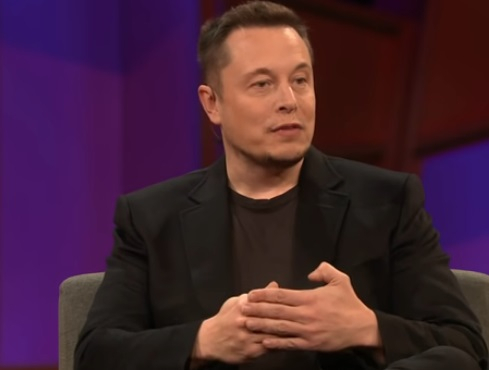A federal judge raised concerns on Monday about the authority of billionaire Elon Musk and his Department of Government Efficiency (DOGE), amid a request to block the department from accessing sensitive data and firing employees at various federal agencies.

U.S. District Judge Tanya Chutkan held a hearing after 14 states filed a lawsuit seeking a temporary restraining order to limit Musk's control over the federal government. These states argued that Musk's power in President Donald Trump's push to reduce the federal workforce was excessive and unconstitutional. Judge Chutkan said she would make a decision within 24 hours.
Trump appointed Musk to lead DOGE as part of a plan to cut down the federal workforce and end programs deemed unnecessary. The administration implemented measures to dismiss probationary employees, and an executive order from Trump instructed federal agencies to prepare for large-scale reductions. However, the states argue that Musk's role lacks proper constitutional authority.
The states, led by Democratic attorneys general, argue that only a Senate-confirmed official can take actions like Musk's at DOGE. They are also concerned about the safety of sensitive data and government transparency. These states want to stop DOGE from accessing private data from the Office of Personnel Management and six other federal agencies that manage health services, education, energy, transportation, labor, and commerce.
During the one-hour hearing held on Zoom, Judge Chutkan expressed skepticism over whether the states had shown enough immediate harm to justify court intervention at this point. Despite this, she appeared to be sympathetic to some of the states' arguments.
The Justice Department, representing the federal government, argued that DOGE's role is advisory and does not require Senate confirmation. The government also claimed that the states failed to prove that Musk's efforts to eliminate waste and fraud were causing harm.
Attorney Harry Graver, representing the Justice Department, criticized the states' case, stating, "Nowhere have my friends offered any evidence to show that Elon Musk has any formal or actual authority to make any government decisions himself." However, Judge Chutkan pushed back on this assertion, saying, "I think you stretch too far. I disagree with you there."
While Judge Chutkan seemed unsure about whether the temporary restraining order was warranted, she expressed concerns about Musk's role. She pointed out that the lawsuit challenges a private citizen having the power to direct a government organization, make hiring and firing decisions, and alter federal programs without congressional oversight.
"One of the challenges in plaintiff's motion is that this is essentially a private citizen directing an organization that's not a federal agency to have access to the entire workings of the federal government, fire, hire, slash, contract, terminate programs all without apparently any congressional oversight," Chutkan explained.
The judge also noted the unpredictability of DOGE's actions, questioning whether the department's lack of structure was intentional or simply a result of its broad mission. She requested additional information from the Justice Department on past and upcoming employment terminations within DOGE.
"DOGE's actions in this arena have been very unpredictable and scattershot, and I have no idea whether that is by design or simply by virtue of the scope of their remit," Chutkan said during the hearing.
The case remains ongoing, with a ruling expected soon on whether Musk and DOGE will be restricted in their actions.









